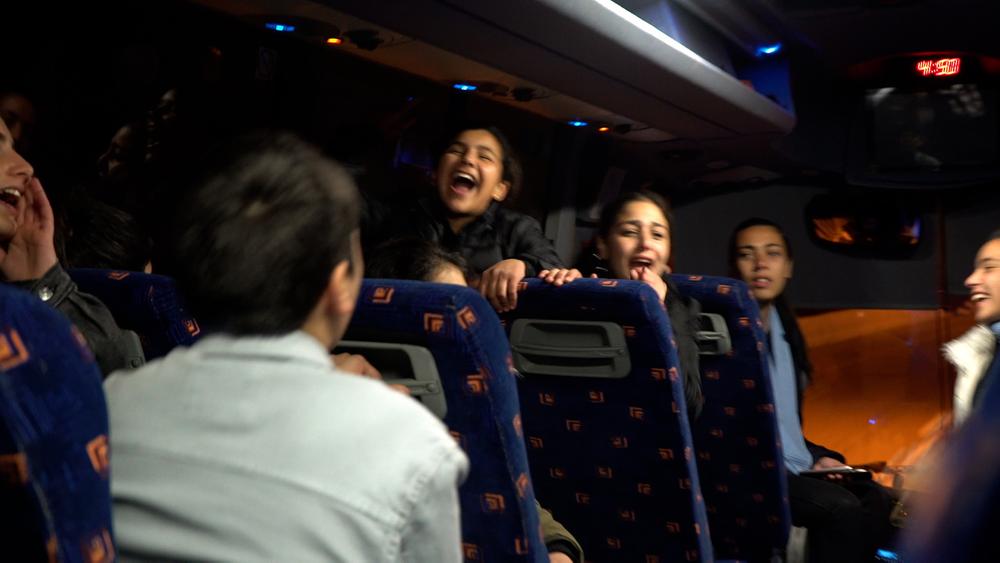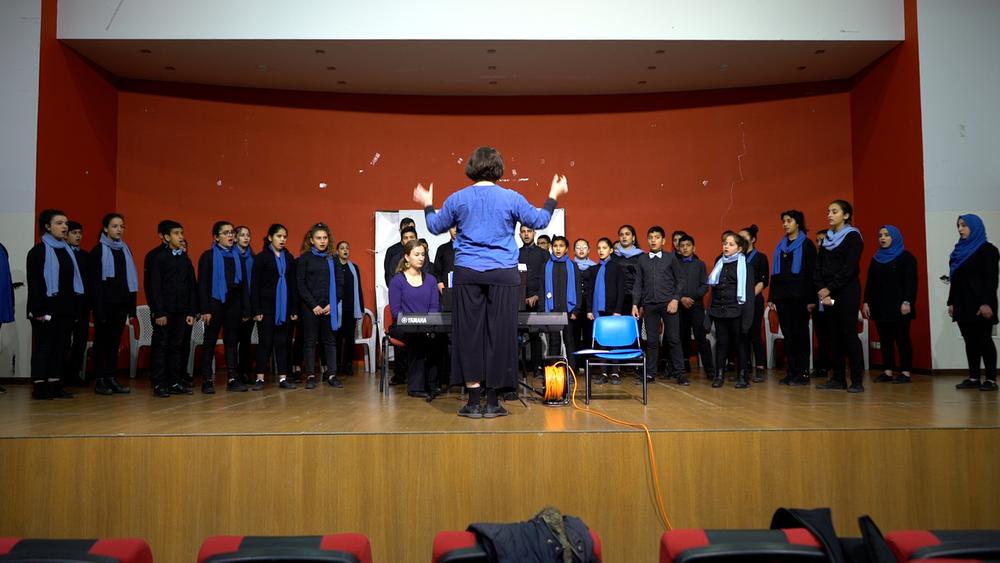Blog
Read passionate stories about music and joyful memories, written by us or our friends!
• The Wacky World of the Earliest Rap in Dutch and its Surprising Relevance Today (Part Two)
• The Wacky World of the Earliest Rap in Dutch and its Surprising Relevance Today
• A Leap Into Circuit Diagram‘s Ursumpf
• OCCII – A documentary by Mehdi Tallal
• Naya Beat Volume 1: South Asian Dance and Electronic Music 1983–1992
• Music Experiences in the West Bank #3
• Music Experiences in the West Bank #2
• Music Experiences in the West Bank #1
• EAR x TNP at Aslan Versmarkt
• A Clubbing Experience
• Do fish enjoy blues music?
• The Wacky World of the Earliest Rap in Dutch and its Surprising Relevance Today
• A Leap Into Circuit Diagram‘s Ursumpf
• OCCII – A documentary by Mehdi Tallal
• Naya Beat Volume 1: South Asian Dance and Electronic Music 1983–1992
• Music Experiences in the West Bank #3
• Music Experiences in the West Bank #2
• Music Experiences in the West Bank #1
• EAR x TNP at Aslan Versmarkt
• A Clubbing Experience
• Do fish enjoy blues music?
Music Experiences in the West Bank #1
by Sarah Vasen, November 29, 2020

Last December I moved to Bethlehem, Palestine, to experience music life and do research on music in the West Bank. My goal: a documentary. I want to show, visually, how powerful music can be in a place where daily life is interrupted by a strong political conflict. With my affection to the Arabic culture and experiences as a musician in the Netherlands, I decided to go to Palestine. In this blog series I would like to share with you some of the musical experiences I had.
#1 Bus Party
Together with twenty-five teenagers, I hop into the big touring bus. While the bus can probably seat fifty, only half of the choir needs to return from Hebron to Bethlehem. It has been a long day of rehearsing, filming, interviewing, playing and finally, the concert. The bus driver, probably the father of one of the teenagers, greets me warmly. Outside, everything is quiet and misty. We had left the concert hall quickly for the bus, so it still feels like the concert finished only five minutes ago. It seems to be normal here to return home immediately after the last chord has sounded. I take a seat in the front of the bus. As soon as the bus sets off and the lights dim, one of the girls from the choir runs down the aisle from the back to ask the driver if she can plug in her phone to play some music. The driver nods and suddenly very loud music from the American singer Billie Ellish starts to pump through the bus’s speakers.The teenagers gather near the speakers and are soon singing, jumping, dancing and laughing. This is a surprise, because I had expected that they would be pretty tired after two full days of rehearsing and two long concerts. Clearly nothing could be farther from the truth, as a busload of adrenaline and energy streams down the aisle and I soon find myself sitting in the middle of this singing, dancing group. Over the last two months I have attended many rehearsals and got to know some of the choir participants quite well, so I feel happy and at ease sitting there and decide to grab my camera to film this wonderful moment. Unexpectedly, a memory surfaces and I am transported back to the days of tours with my own orchestra as a teenager. Just like these teenagers, I had danced in the bus after a concert, filled with feelings of excitement, craziness and pride rushing through me.

After twenty minutes, the bus driver announces: “go to your seats, we are about to cross the checkpoint.” The music stops and the teenagers sit down, still talking loudly. After a joke from the driver, “the soldiers want to dance with us”, and some laughing, we are beyond the checkpoint. The music and the dancing revive. As I peer out at the dark, rolling hills of the landscape, I dream away the rest of the journey with nostalgic memories of my own youth. I also ponder the differences. Back then, when I took a tour bus I was generally on a foreign tour, so my parents couldn’t pick me up, but this concert was in their own country. Hadn’t their parents been able to come? Why? Weren’t they interested? Was it too dangerous?

Only a small audience had attended the concert: I had recognized Ahmad’s large family, some of the choir teacher’s friends, and a couple of my own friends. A second difference that only now occurred to me was that the concert had felt very emotionally charged, evoking feelings of sadness more than happiness. I suppose this feeling was triggered by the songs and poems that so clearly related the constant difficulties faced by Palestinians. Witnessing these young people singing together and having experienced just a little of their limited and sometimes dangerous world, I found myself intensely moved. Abruptly, I snap out of these thoughts as one of the girls lands in my lap and asks cheerfully if I can put on a song. “Sure,” I answer immediately and half sitting, half standing, awkwardly join them in the bus party. While I enjoy the dancing, the question “what is it about music that elicits these emotionally intense moments” keeps echoing through my mind. What is that thing in music that enriches our lives?

